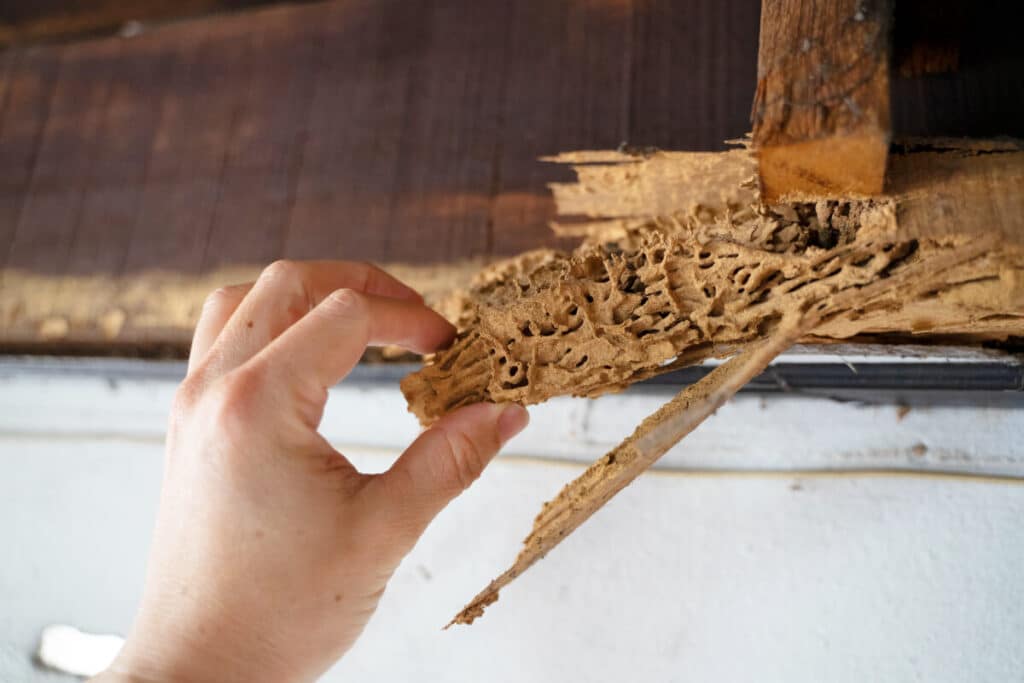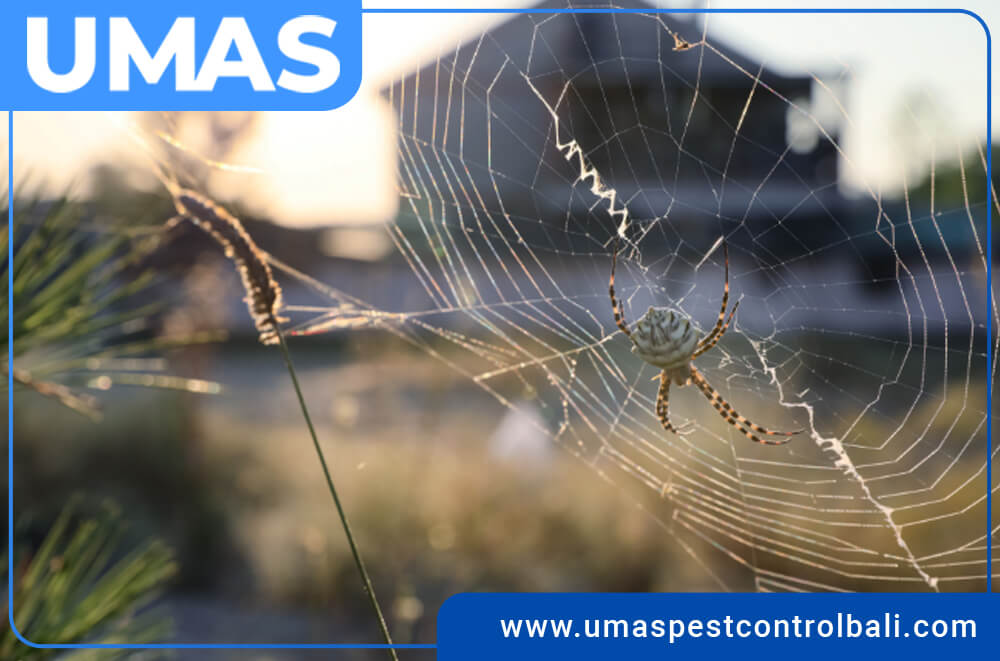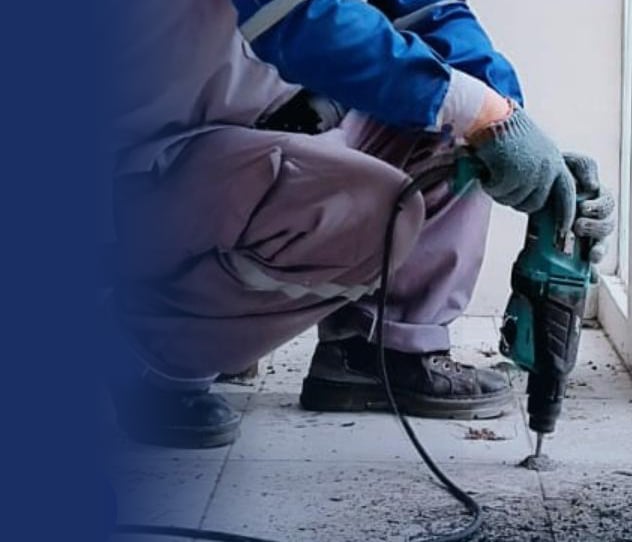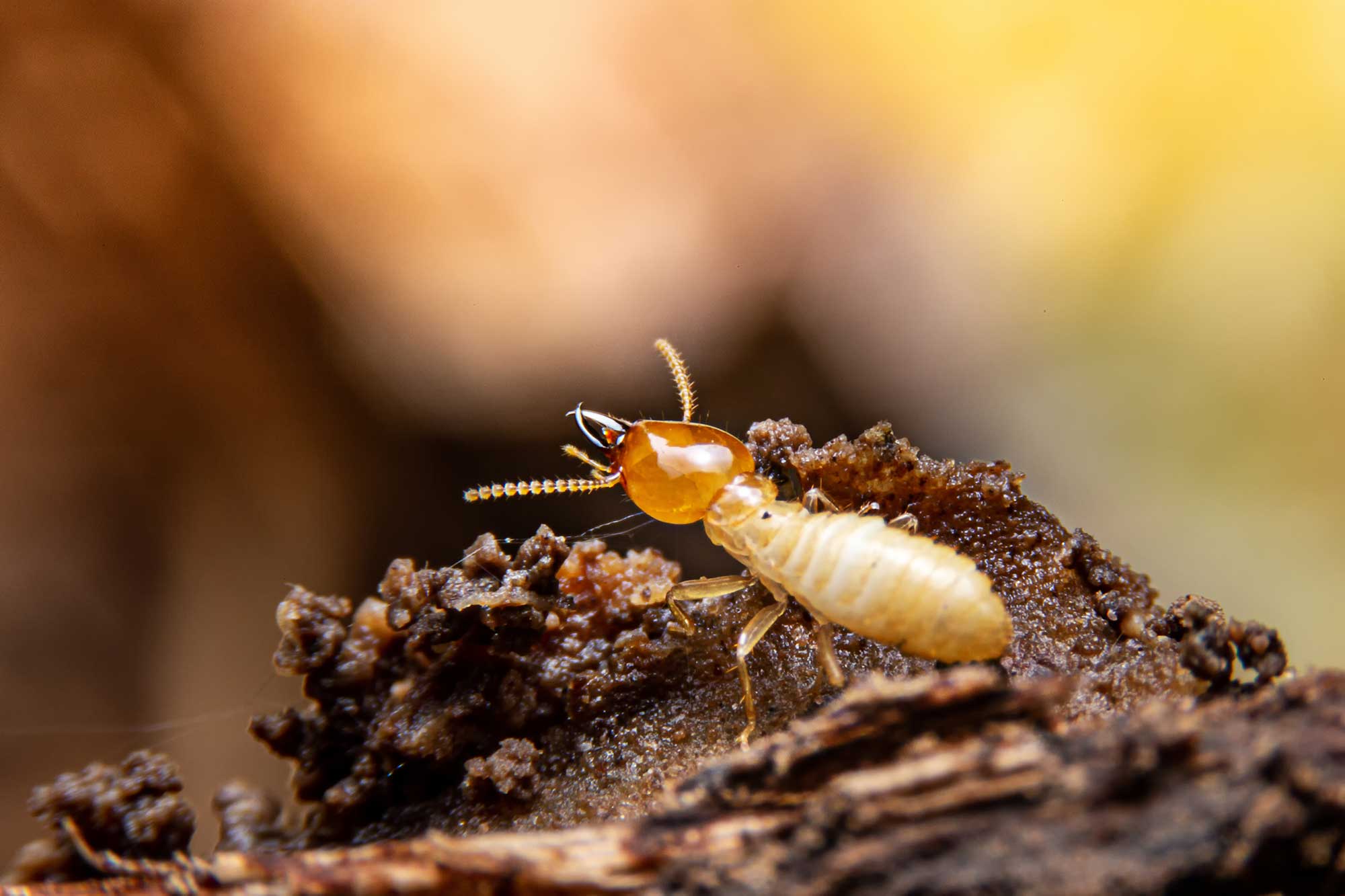

If you’re reading this, there’s a good chance you’re hunched up on your seat like a gargoyle so your feet don’t touch the floor. Relax. You’re safe now, we’re here to help.
So, you just saw a big old spider in your house. You were probably down in your basement retrieving something, moved a box, and there it was. Staring at you. With those eyes.
A lot of homeowners get really stressed out by even the thought of spiders in their house. If it’s an overreaction, it’s an understandable one. Still, a lot of spider fear comes from a common misconception that they’re aggressive or dangerous. That’s why Plunkett’s is going to answer all the panicked questions that probably pop into your mind the second you see a huge daddy long legs scamper across the floor. We hope this helps (at least a little).
Spiders take up residence in homes for the same reasons we do: to stay warm and to have a safe place to sleep. No Midwestern spiders can naturally survive the cold of our winters (what can?). When the cooler months come along, spiders start looking for places where they can hunker down for the winter and spin more permanent webs. They want a place that’s warm, moist, dark, cramped, and has access to food. If your house meets any of those criteria, spiders will try to get in like their lives depend on it.
If you have a particularly bad spider problem, look for mold, standing water, rotting food, or anything else that attracts bugs. Fleas, flies, and the other little pests like them are the perfect prey for nest-building house spiders. The more food they can catch, the more likely it is that spiders will stick around or even build nests and have children. Spiders are also more likely to accumulate if they can build large webs that go undisturbed for long periods of time.
It’s tough to keep spiders out completely, especially depending on where you live. You can, however, dissuade spiders effectively by depriving them of the things they want. Vacuum and sweep regularly, especially in the basement and attic. Pay special attention to corners and window sills, and don’t neglect the ceiling. Throw garbage out immediately, and keep your cans at least 10 feet away from your house. Seal cracks in your foundation, floorboards, and walls. You could also invest in a dehumidifier. If a part of your house continues to have a bad spider problem, something might be attracting a lot of bugs, such as a dead mouse or bird.
Once you’ve completed your indoor anti-spider patrol, do some landscaping. Trim down hedges, bushes, and branches that are leaning against your siding. Keep firewood at least 10 feet away from the house. Repair any damaged or rotting siding or decking. Dispose of dead plants and flowers efficiently, and rake and dispose of dead leaves in the fall. Try to make sure no foliage is actually touching your home.
No.
The truth is, spiders are just another mundane house pest, despite their fearsome appearance and reputation. If you see a spider in your house, even a really big nasty-looking one, the overwhelming odds are, it’s harmless. Don’t go out of your way to provoke a spider, and they’ll leave you alone. If you have spiders you can’t seem to shake, give us a call. We’ve dealt with all kinds of spiders before, and we’re more than ready for them.



Copyright © PT UMAS PESTISINDO PRATAMA. Creative & SEO by Jasa Web SEO